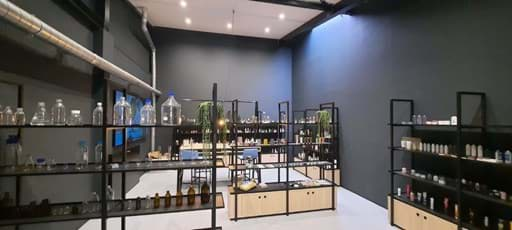
An emerging challenge for the planet and humans

Microplastics - an emerging challenge for the planet and humans
Our oceans are filling up with plastic that degrades into smaller and smaller pieces of microplastics, eventually ending up in our bodies.
If we zoom in the microscopic level of the plastic waste problem, we notice that it gets even worse. There is no efficient way to clean microplastics that just keep accumulating. These tiny particles are already in the oceans, among pollen carried by bees, and our lungs. Currently, we ingest 5 grams of plastic a week, the equivalent of a credit card. There are already various studies that have linked microplastics to human autoimmune diseases and cancer, not to mention the effects on the early stages of the food chain. The damage on biodiversity is evident.
Luckily, there are material alternatives that are safe for people and the planet, like Sulapac. Sulapac materials are developed to replace conventional plastic in various applications including cosmetic packaging. Sulapac materials biodegrade without leaving permanent microplastics or toxic substances behind.





